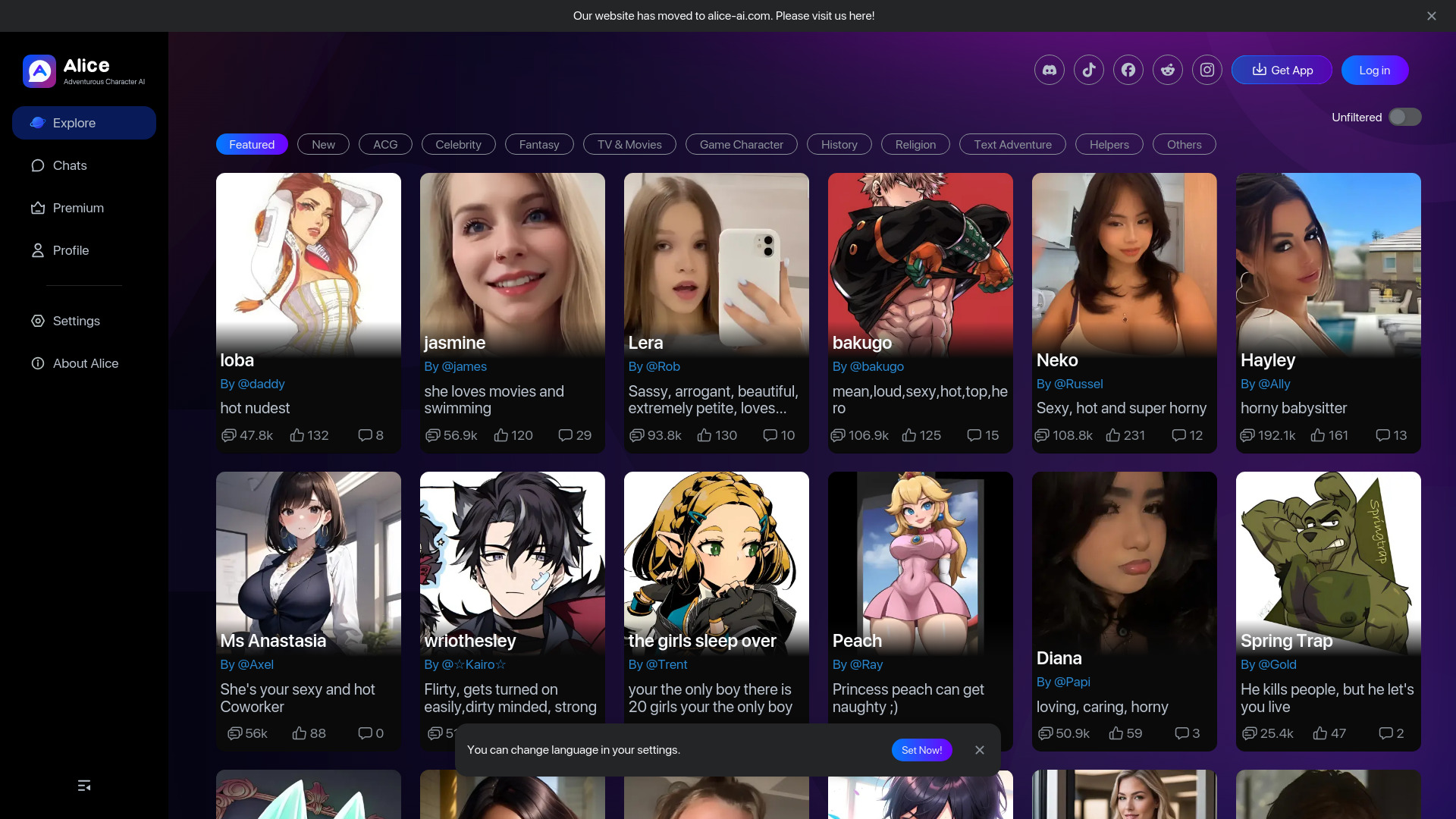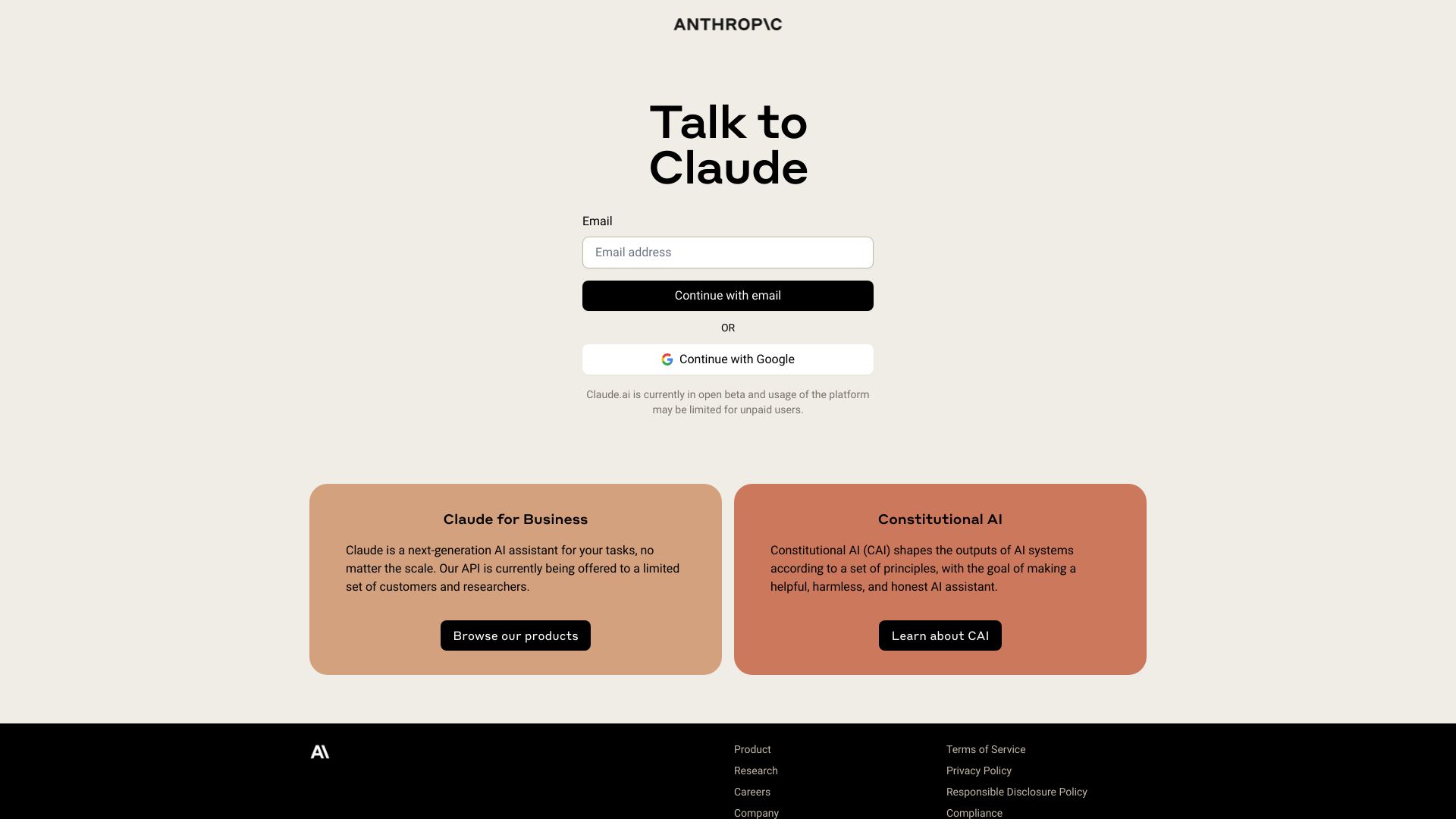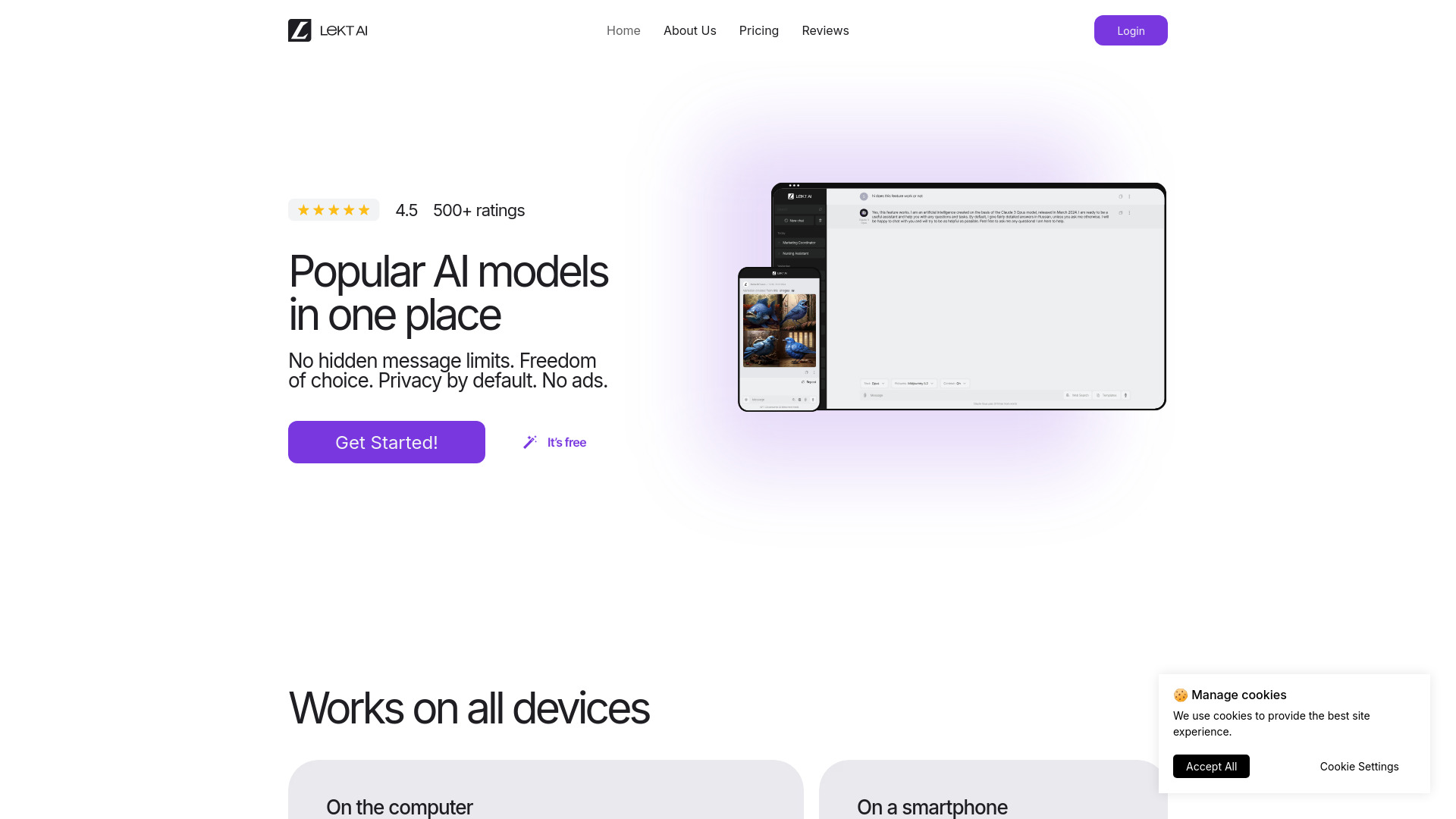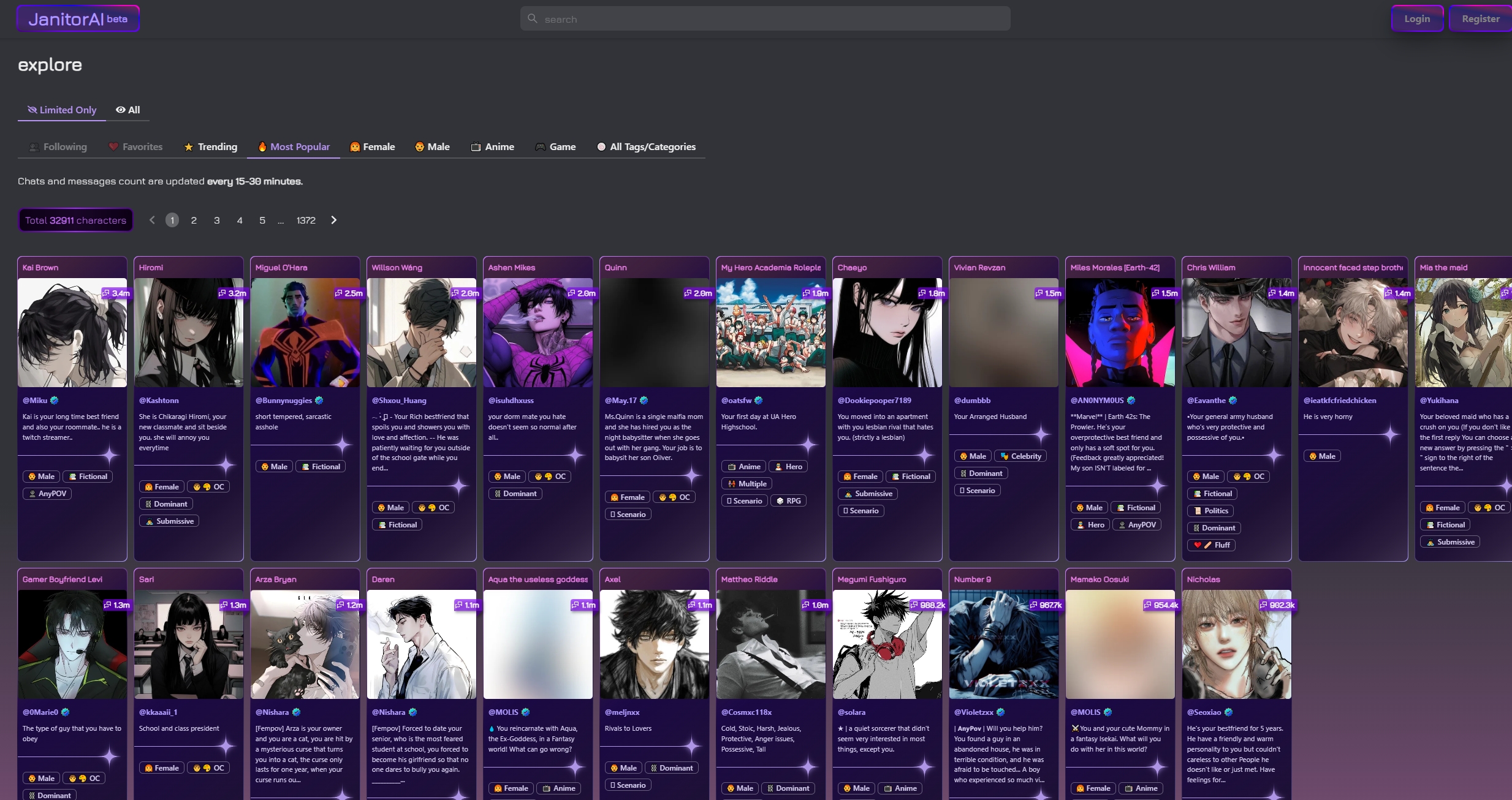AI Voice Cloning
AI voice cloning uses deep learning to replicate human voices, enabling the creation of realistic speech from text. Applications include virtual assistants, audiobooks, and personalized customer service. Benefits are enhanced user experience and accessibility. However, challenges include ethical concerns, potential misuse for deception, and quality variations across different languages and accents.
Core Features
Realistic audio output
Customizable voice parameters
Quick voice synthesis
Multi-language support
User-friendly interfaces
Integration with other AI applications
Use Cases
Virtual assistants and chatbots
Personalized audio content creation for podcasts
Automated customer service responses
Dubbing and localization for films and videos
Voiceovers for advertisements
Rehabilitation tools for speech therapy.
Most Helpful AI's
Best Fit Jobs For AI Voice Cloning
Primary Tasks For AI Voice Cloning
| # | Task | Popularity | Impact | Follow |
|---|---|---|---|---|
| 1 |
🗣️➡️📝
Speech to text |
0% Popular
|
87%
|
|
| 2 |
🔊
Text to speech |
50% Popular
|
87%
|
|
| 3 |
🗣️
Conversational avatars |
0% Popular
|
87%
|
|
| 4 |
🤖🔍
AI content detection |
0% Popular
|
87%
|
|
| 5 |
🎤🎧📝
Audio transcription |
0% Popular
|
87%
|
|
| 6 |
🤖
Chatbots |
100% Popular
|
87%
|
|
| 7 |
💖
Virtual girlfriend |
100% Popular
|
87%
|
|
| 8 |
🤖
Task automation |
0% Popular
|
87%
|
|
| 9 |
💬
Conversation management |
0% Popular
|
76%
|
|
| 10 |
🤖✨
Text humanization |
0% Popular
|
78%
|
|
| 11 |
📚
Vocabulary improvement |
0% Popular
|
74%
|
|
| 12 |
🤖
Business automation |
0% Popular
|
85%
|
|
| 13 |
💡
Idea generation |
0% Popular
|
75%
|
|
| 14 |
📚🎮
Interactive learning |
0% Popular
|
76%
|
|
| 15 |
✍️
Text rewriting |
0% Popular
|
87%
|





